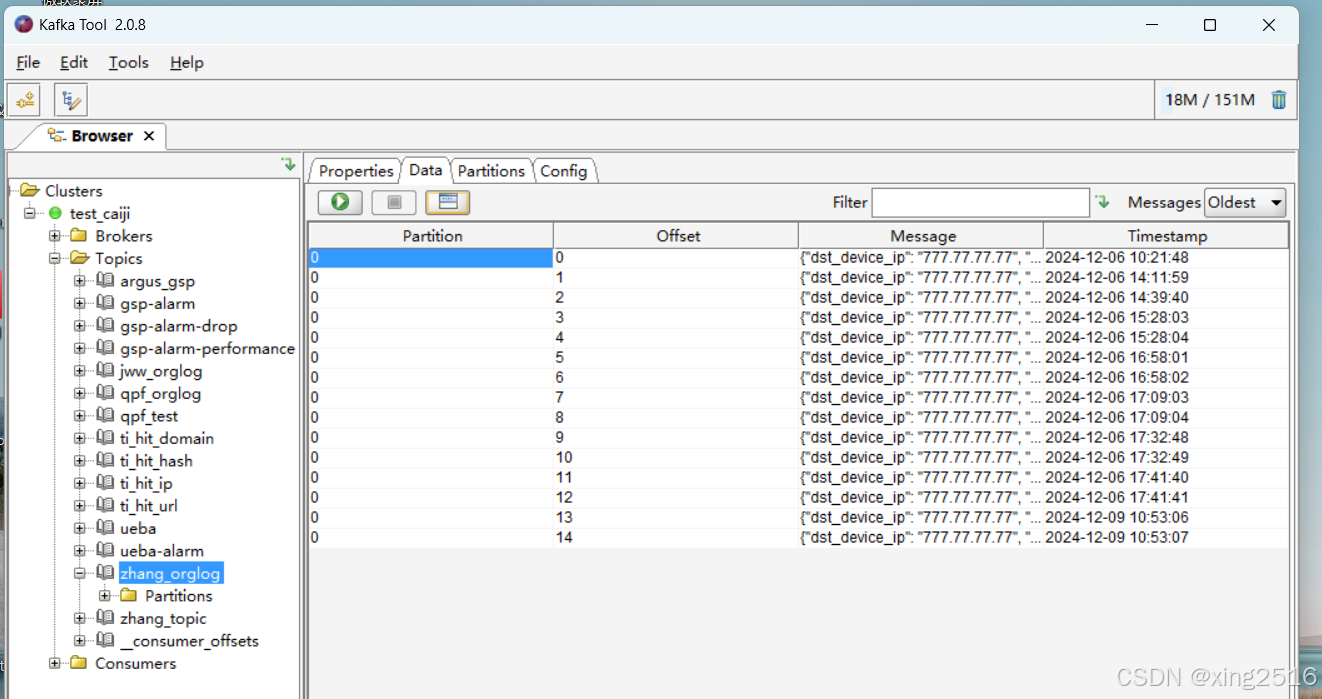1. 导入必要的库
- `urllib.request`:用于发送HTTP请求。
- `urllib.parse`:用于对URL进行编码。
- `fake_useragent.UserAgent`:用于生成随机的用户代理,模拟真实的浏览器行为。
- `webbrowser`:用于在浏览器中打开文件或URL。
2. 生成用户代理
使用`fake_useragent.UserAgent()`来创建一个`UserAgent`对象,并通过`.random`属性获取一个随机的用户代理字符串。这样可以避免请求被网站识别为爬虫。
python"> ua = UserAgent()headers = {'User-Agent': ua.random,}3. 构造请求URL
使用`urllib.parse.urlencode`对查询参数(例如 `wd=python`)进行URL编码,并将其附加到百度搜索的URL中。
python"> url = 'https://www.baidu.com/s?' + parse.urlencode({'wd': 'python'})4.发送HTTP请求
使用`urllib.request.Request`构造一个请求对象,并传入请求头(包括随机生成的用户代理)。然后,使用`urllib.request.urlopen`发送请求并接收响应。
python"> req = request.Request(url, headers=headers)response = request.urlopen(req)5. 读取和保存响应内容
响应内容以HTML格式返回,使用`.read()`方法读取响应并解码成UTF-8格式的字符串。将该内容保存到本地文件`baidu.html`。
python"> html = response.read().decode('utf-8')with open('baidu.html', 'w', encoding='utf-8') as f:f.write(html)6. 打开浏览器查看结果
使用`webbrowser.open`方法在默认浏览器中打开保存的HTML文件。
python">webbrowser.open('baidu.html')
完整代码:
python">from urllib import request
from urllib import parse
from fake_useragent import UserAgent
import webbrowserua = UserAgent()
headers = {'User-Agent': ua.random,
}
url = 'https://www.baidu.com/s?'+parse.urlencode({'wd':'python'})# 发送请求
req = request.Request(url, headers=headers)
# 接收响应
response = request.urlopen(req)
# 读取响应内容
html = response.read().decode('utf-8')
with open('baidu.html', 'w', encoding='utf-8') as f:f.write(html)
# 打开浏览器显示结果
webbrowser.open('baidu.html') 总结:
这个工作流的目的是:
1. 模拟浏览器请求百度搜索页面。
2. 获取并保存HTML内容。
3. 使用浏览器展示保存的HTML文件。
这样做能够确保你的请求不容易被识别为爬虫,并且可以查看百度搜索的结果。
如果您有其他问题,或者需要进一步优化这个流程,欢迎继续提问!






